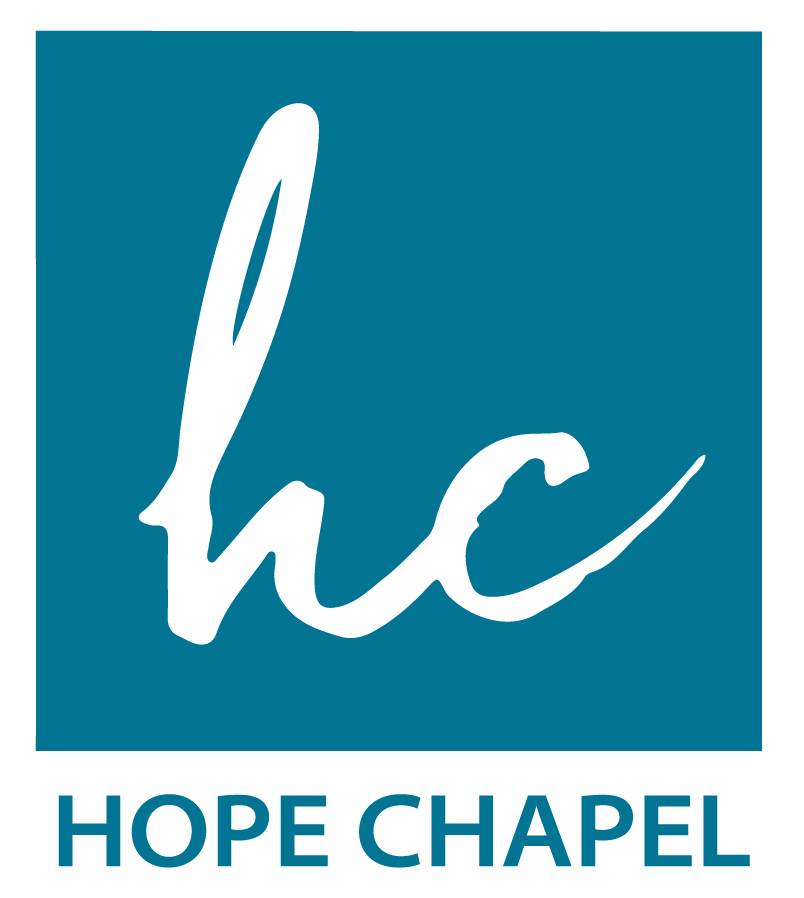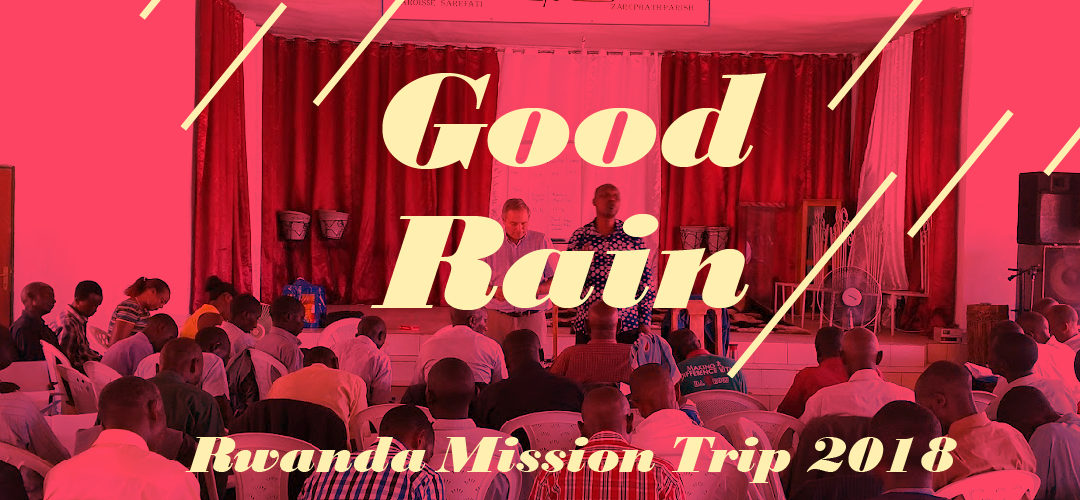Day Two. Day Two of teaching is always a challenge, especially when you are teaching a long book like Exodus. You want to go slow and make sure they understand everything. You take questions. You clarify. You feel like you are getting there. Then you realize that it is Tuesday afternoon, you are only through 4 chapters and have 36 more to cover in the next three days. Ugh. Such is the challenge of teaching in Rwanda.
This gets even more complicated when you recognize that some guys have developed the skills to learn well, to thing critically. You can tell by their questions and insights. But some have virtually no schooling. They don’t really take notes because it takes all their concentration to write and they would miss everything that is said. We are told they try to copy notes later in the evening. Others struggle to translate written words into understanding. For example, today one Pastor asked if the only food that was eaten in the Promised Land was “milk and honey” because those were the only foods mentioned. Figurative language is hard to process. Another asked if it would be dangerous to teach Exodus to Egyptian Christians because of how God dealt with them. That was a question I never anticipated in Seminary.
Then you add in the heat, the dim conditions, and at times the rain. Oh, the rain. When it rains hard the noise is absolutely deafening inside the buildings with their metal roofs. Today, we simply had to stop during an afternoon passing shower. Fortunately, it didn’t last long. And then there is their sitting fatigue compounded by their extremely full stomachs. They are not used to sitting…many homes have no furniture. We feed them well, and since food is scarce at home, they pile their plates high at the 1 PM lunch time. And then they get sleepy. We try to keep them awake by feeding them some sugar…I brought 1000 dum-dums pops.
But in the end, all you feel is a sense of privilege. God is changing the Rwandan church by the investing being made in these Pastors. Most of them have other Pastors coming from their villages and region to them so they can pass along what they have learned. And their churches are growing. Many baptized 30, 40 or more people last year. Others are bringing aid projects to their communities. One was asked to speak at his communities Genocide Memorial and the community leaders were so impressed they have asked him to speak again.
So as you process the different culture, the fatigue from late night and early morning study sessions, and the challenge of teaching well to such a culturally different and educationally diverse group, all you feel at the end of the day is a sense of humility and thankfulness that God has allowed you to be a part.
Thanks for the prayers.
Blessings,
Neal


I am so grateful to have the job that I do, teaching in public higher education and giving so many a chance at a better future. Reading your post tonight, it is clear to me that we face many of the same teaching and learning challenges… but yours are greatly amplified in every possible way! I know the good Lord will keep you strong and effective! The pastors are blessed to have you, as you are blessed to have them. Praying for alert minds, open hearts, resilient spirits, and strong bodies to carry you all through!
Wow … Haven’t had time to sit down and get to read the blogs since Sunday!! Been praying a lot, though!! God has surely been doing a mountain of work that only He can do since you left Rwanda last year. We may get distracted, but He never does. Thanks so much for being the hands and feet of Jesus since we all couldn’t be there with you. Our prayers a re constant and today are being lifted for the next part of the group who leave later today to join you. Wish we could see when the Pastors finally get to actually see Peggy! What rejoicing there will be. We send our love and prayers to you both as well as the Pastors of Rwanda!!
I’ve been praying every day for John and Neal and all the student pastors. I enjoyed reading all the posts and praising God that He’s using you to teach, feed, love and answer all the questions that the pastors must have. Our Tuesday morning small group prayed for all yesterday. We also prayed that Peggy would get over her cold and that Christina would be able to continue organizing all the packing etc….and of course a safe trip over for everyone.
We give God the glory for the transformation in the life of the pastors and their community. It is the LORD’S doing, it is marvelous in our eyes. Your labor in the Lord is not invain. His grace is sufficient for you. He is your strength. As you pour into the pastors’ lives, the Lord is replenishing yours. Its my prayer that I will be part of the laborers in God’s harvest there in the future. Be strong in the Lord and in the power of His might!